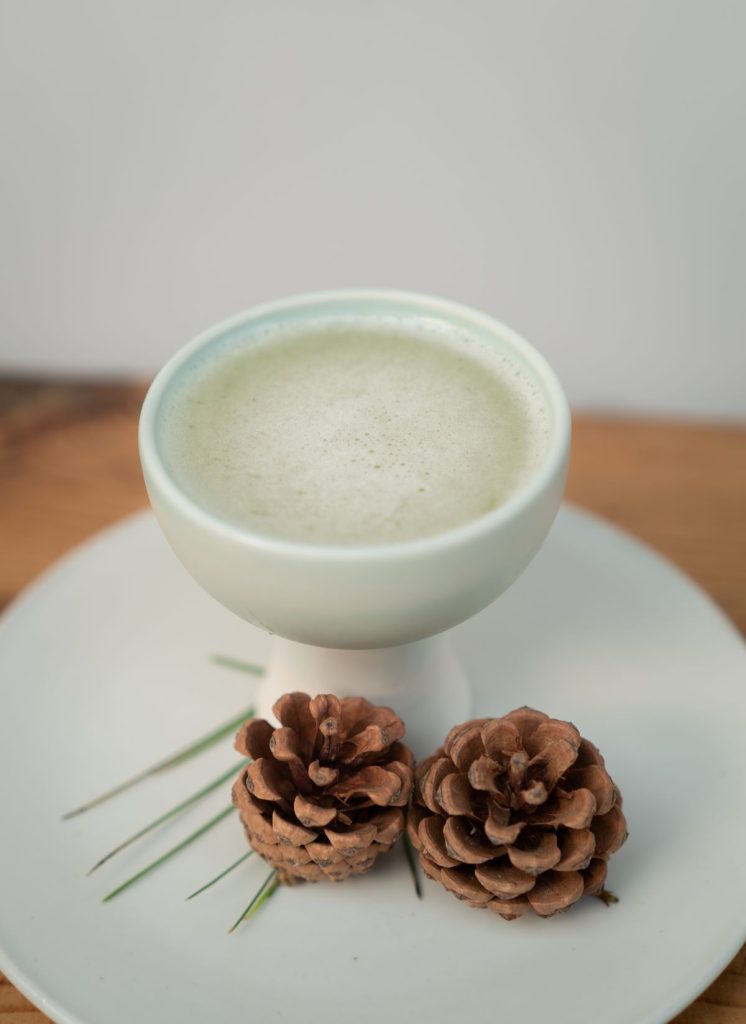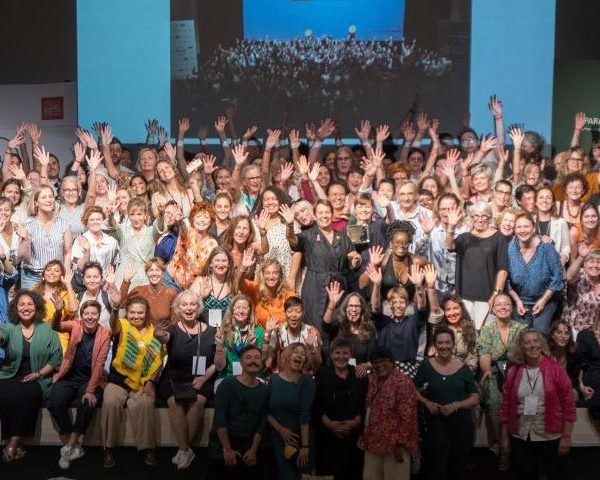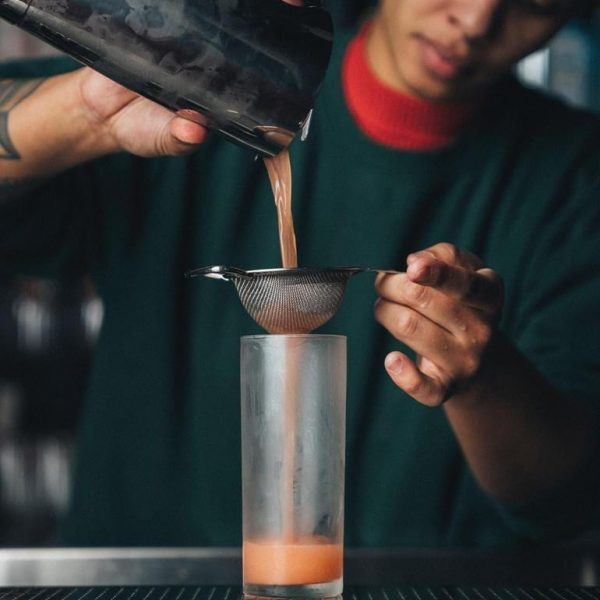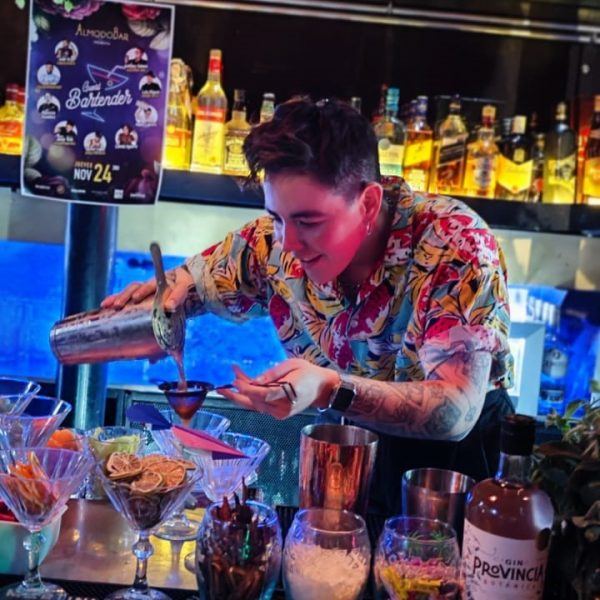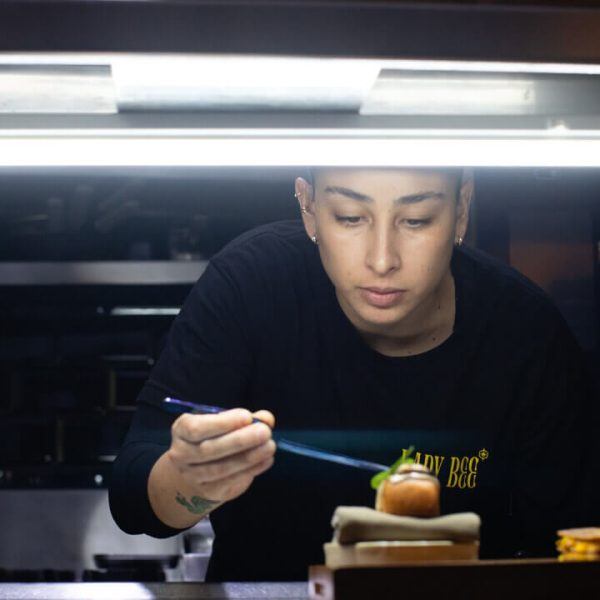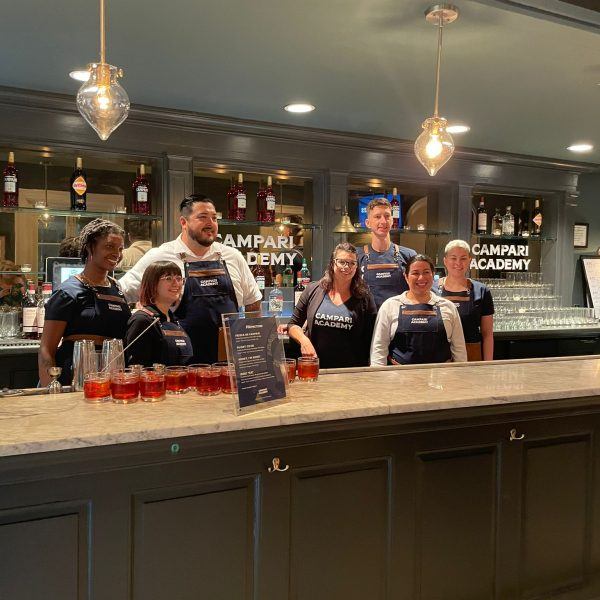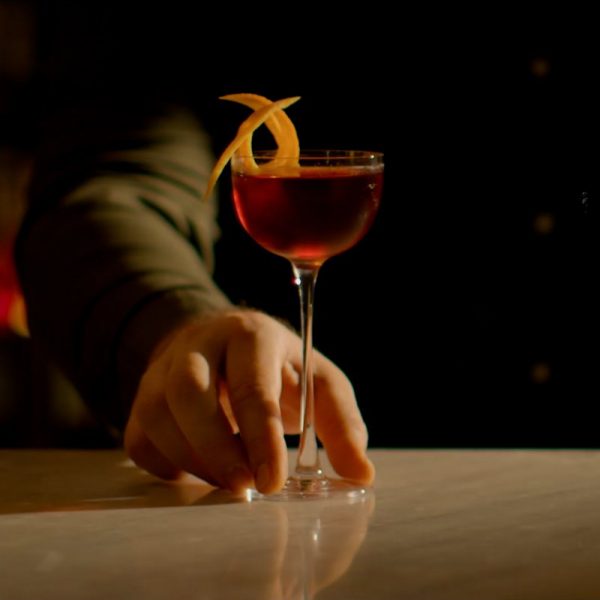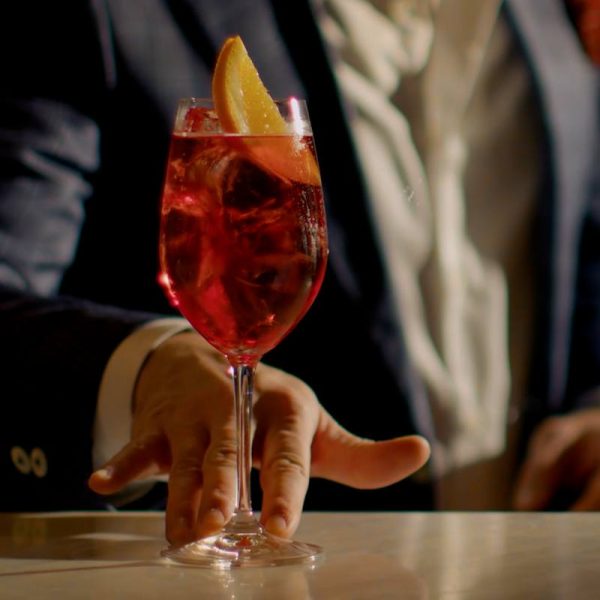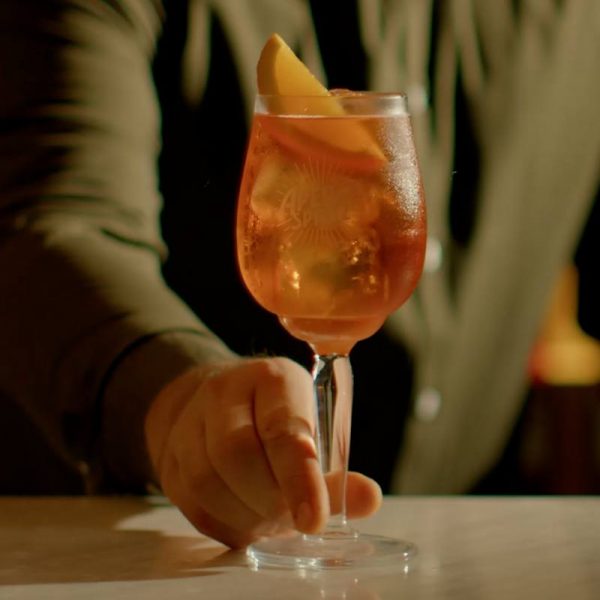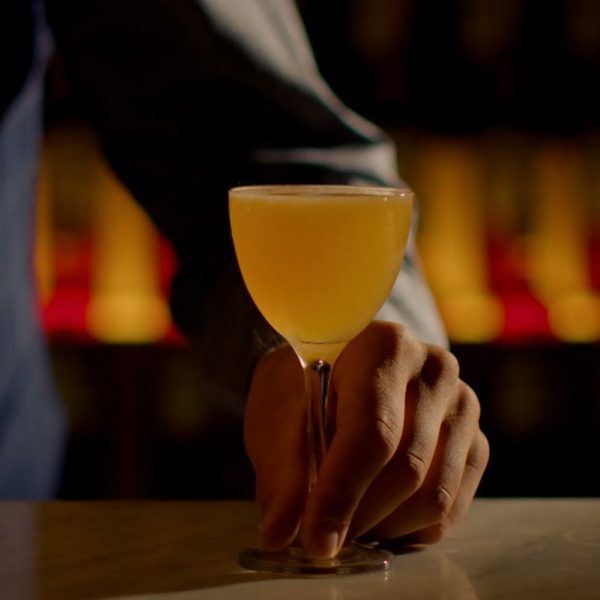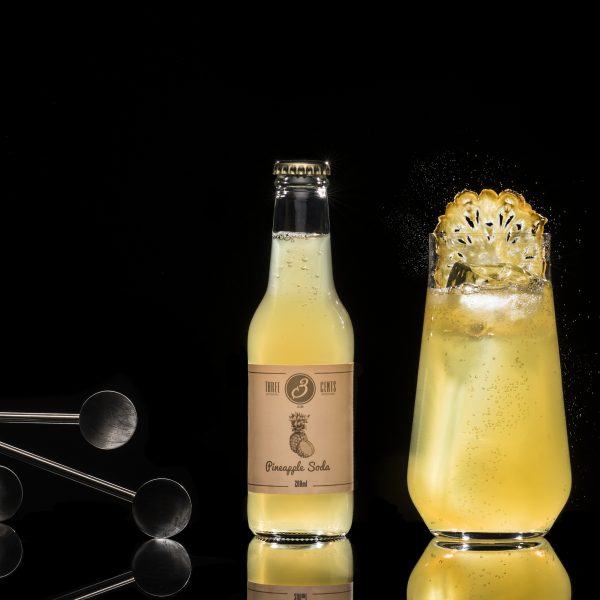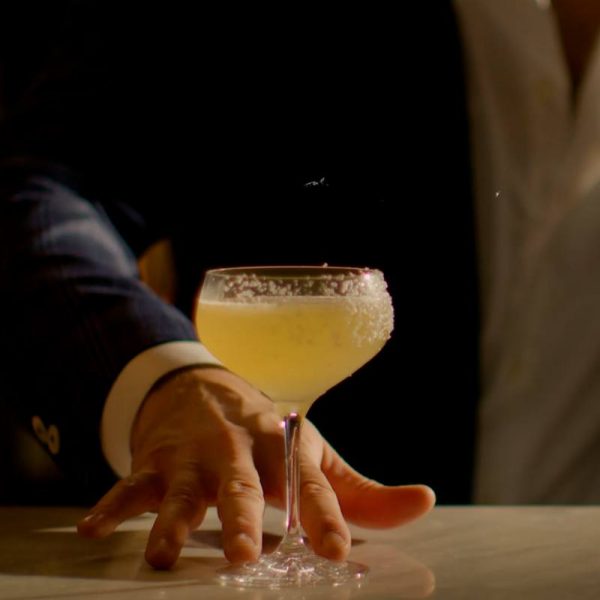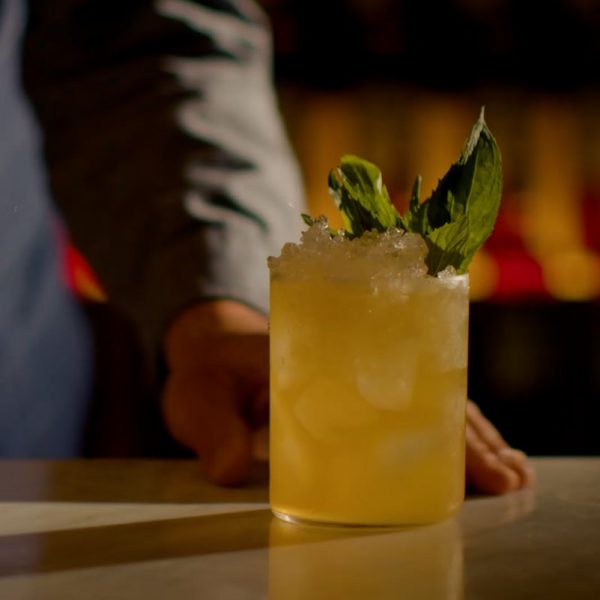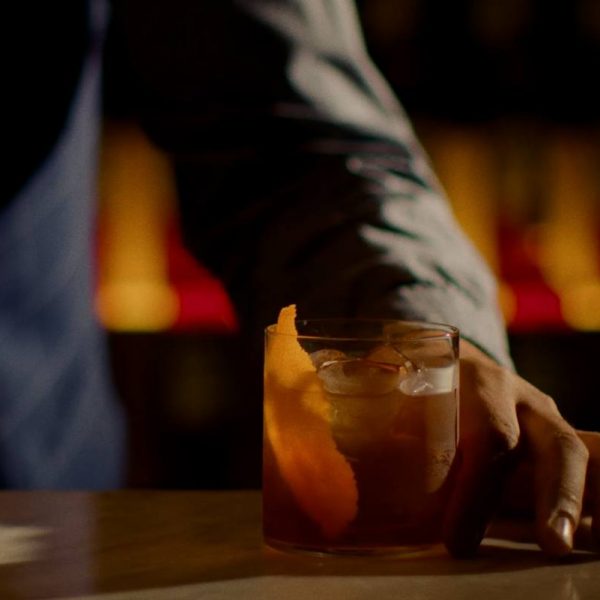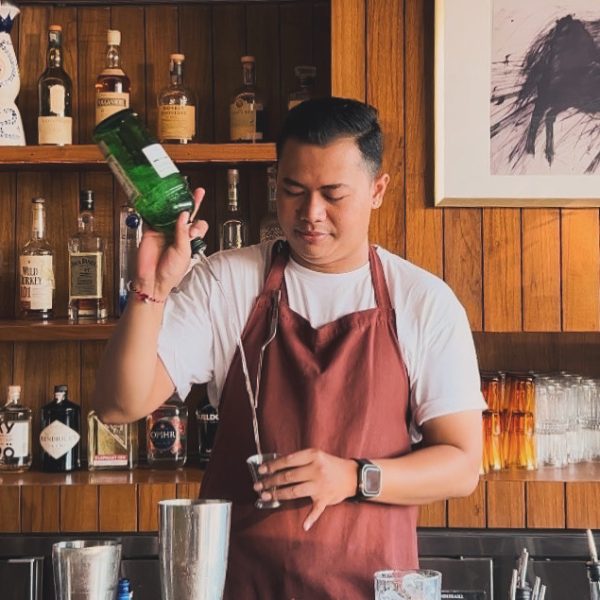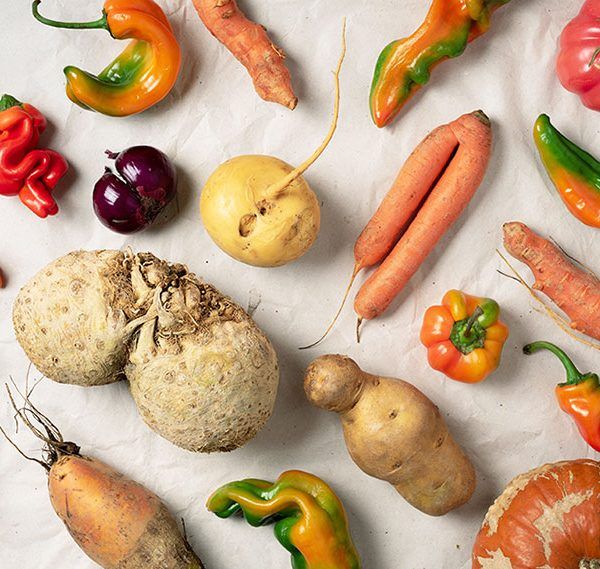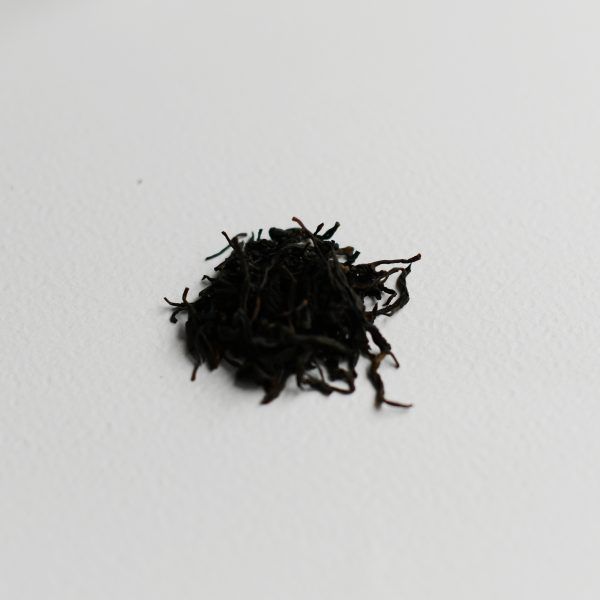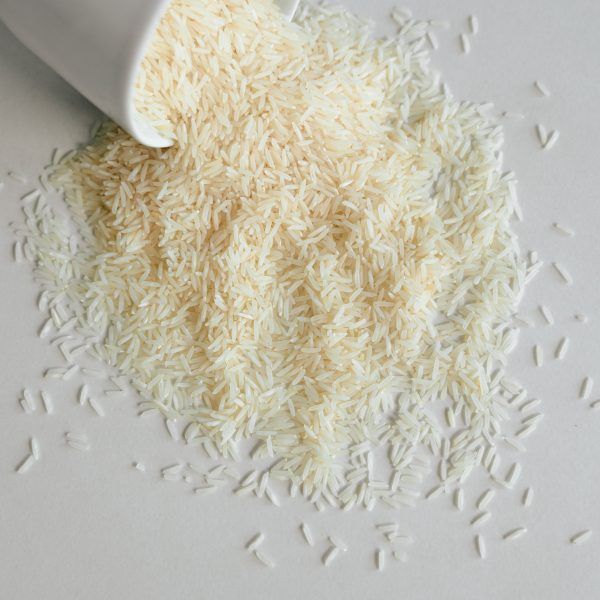7 ways Hwi Yun thinks about flavour
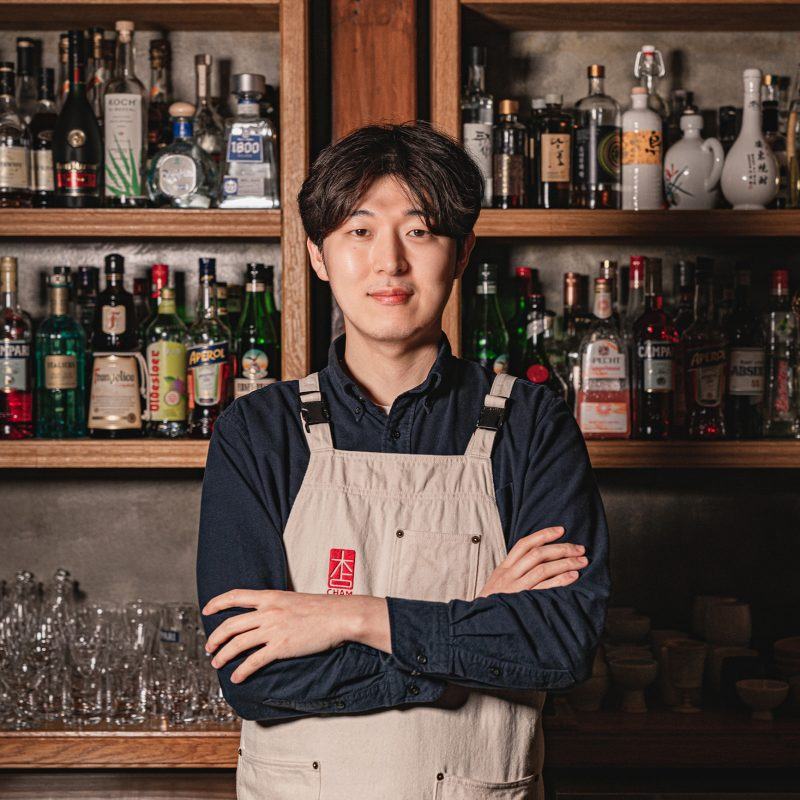
From how producers select final products, to engaging in external factors, and encompassing all of a guest’s senses, Bar Cham manager Hwi Yun has a holistic approach when it comes to understanding flavour
1. Inspiration is all around us
Our senses are powerful: they’re constantly working and most of the time we don’t really realise just how much information we get from everyday activities. This is why I try to get inspiration from anywhere I go, regardless of what I’m doing: it’s not just what I taste, maybe it’s something I smell, or even something I see – I then try to use it in my cocktails.
2. Fermentation is your friend
Fermentation is a major protagonist when it comes to the senses. Not only does it create unique flavours; it also generates tastes that make your palate evolve, once you try them. Fermentation expands your mind too: it allows for lots of room for experimentation, something I am very interested in as a professional and as a person.

3. Flavours can tell stories
At Bar Cham, we dedicate a sensible amount of time to research when we work on new drinks or cocktail lists. Our goal is to tell our stories, be they related to our personalities or the environment we are in. The flavours we implement come from local ingredients, and this allows us to showcase our heritage: it means that the guests’ senses will be in touch with our traditions and our work.
4. People make flavours
The Korean gastronomic scene is very rich in flavours and aromas. Our philosophy of work implies not having any boundaries between food and cocktails, and this broadens the spectrum of the ways a guest’s senses can be stimulated. This also allows us to understand how everybody’s senses are, in fact, connected: we have solid collaborations between chefs, bartenders, pastry chefs, tea houses, coffee roasters, farmers, and so on. It means that each and every professional involved uses their senses to provide the best product possible, in order for the guest to have the best sensorial experience of their own.
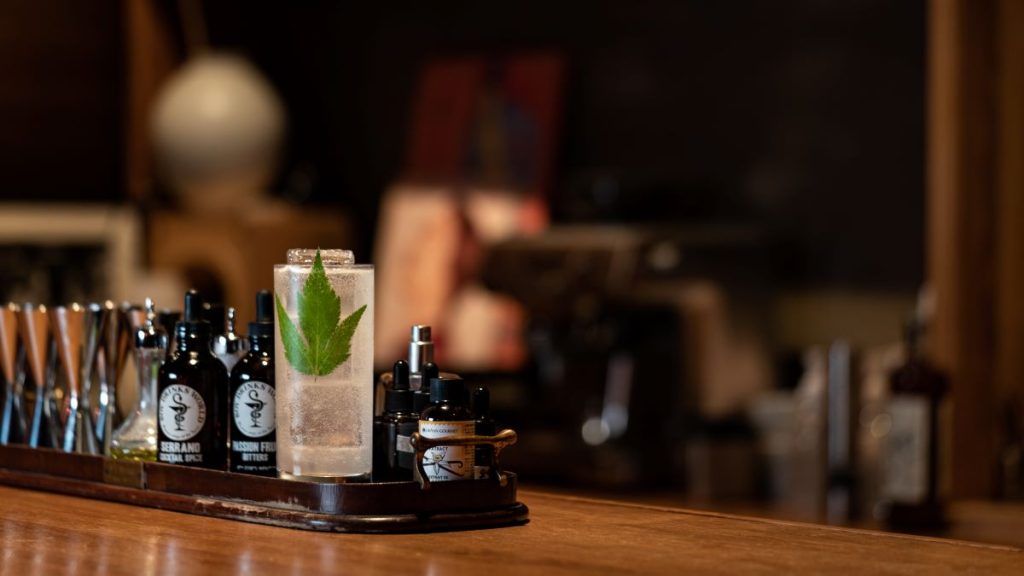
5. Sweetness is not so simple
Sweetness needs to be re-evaluated. So many of our guests come to the bar saying they don’t like it, so we must work to make sure we’re giving them as pleasurable an experience as we can based on their tastes. On the other hand, balance is always the key, so they have to concede room for some sweetness, and we have to be able to add it without it being overwhelming. Sugar, generally, is one of the most underrated ingredients.
6. No sense is to be left behind
When I think about creating a new cocktail, my goal is to create a drink that a guest can explore on a variety of levels. I look for flavours that put senses together and go far beyond mere smell and taste. For example: one cocktail is served with music, another has a different style of garnish to bring flavour as well as two different textures.
7. It’s much more than what we think
Senses are not to be thought of as just the five related to our body. The way someone perceives flavour is strongly influenced by a number of surrounding factors, that have nothing to do with our organs. Personal mood, the location’s atmosphere, recent experiences: these all play a role in how a drink is perceived – and this is true for both a guest and a bartender. You might try the same drink, with the exact same recipe, in two different places, and it might taste completely different.
